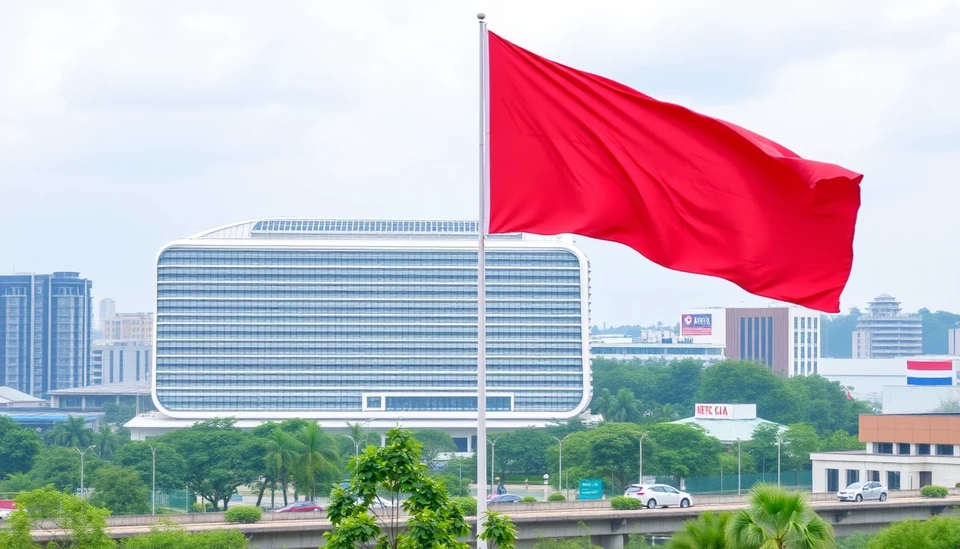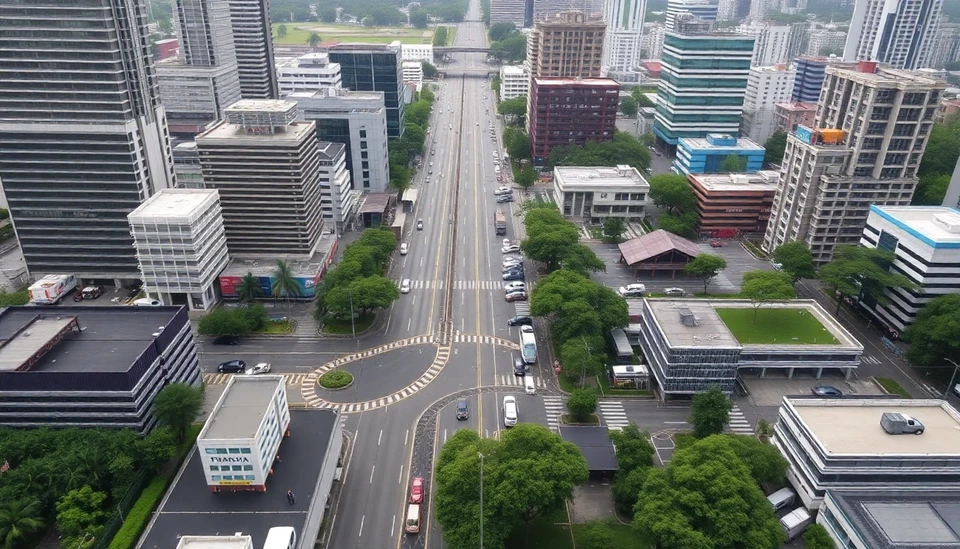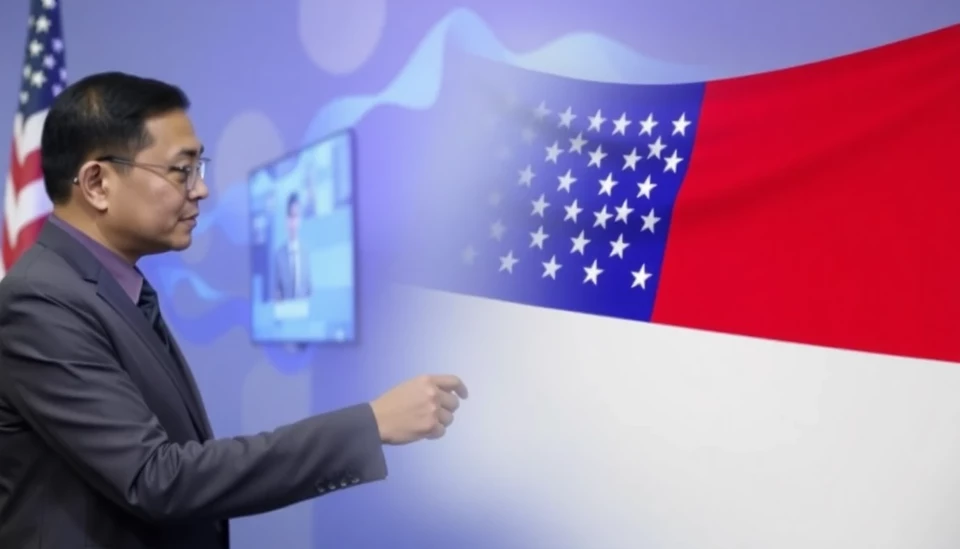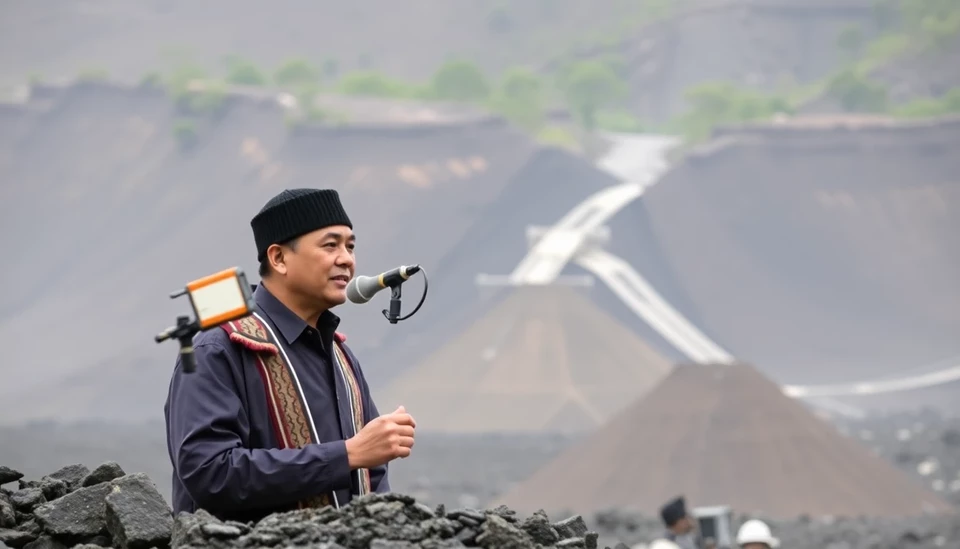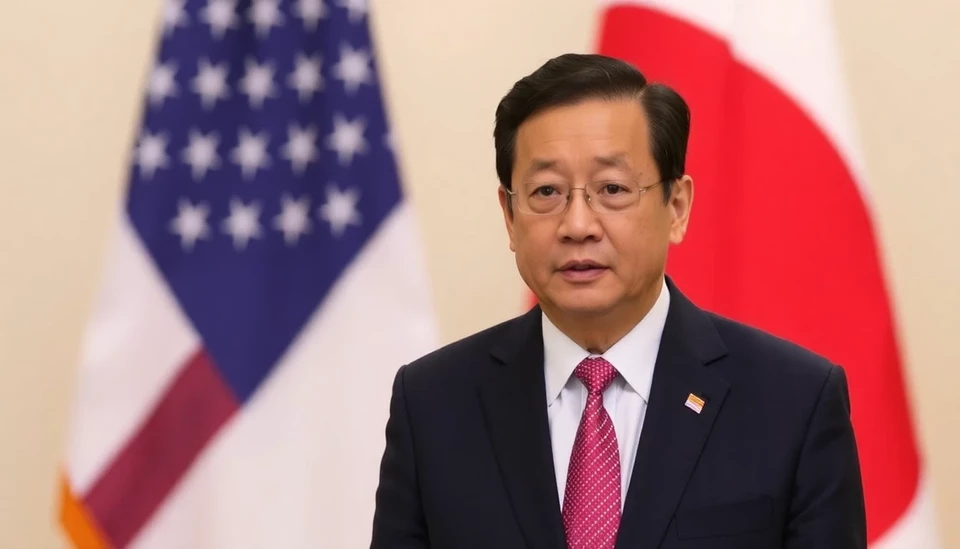
In a strategic move to bolster its defense capabilities, Indonesia is actively contemplating significant arms purchases from the United States. This decision emerges at a time when the Southeast Asian nation faces potential increases in tariffs on its exports, particularly affecting its trade relations with major partners.
The Indonesian government is weighing the implications of these tariffs on its economy and is thus exploring multi-billion-dollar defense acquisitions. These purchases could serve as a pivotal countermeasure against the anticipated economic repercussions stemming from heightened trade barriers.
Sources indicate that Jakarta is looking to acquire advanced military systems and technology from the U.S. This potential investment is not solely about enhancing its military readiness; it also has broader implications for Indonesia’s diplomatic relationships and economic negotiations. Indonesia aims to not only reinforce its defense posture but also leverage these deals to mitigate tariff threats that could otherwise destabilize its export-driven economy.
Currently, the Indonesian market is experiencing pressures from various international trade dynamics, with the U.S. possibly raising tariffs on specific commodities, including palm oil and other agricultural products. These tariffs could severely impact Indonesia, one of the world’s largest exporters of palm oil, making its economy even more vulnerable. By engaging in significant arms purchases, Indonesia seeks to strengthen its bargaining position in trade negotiations while simultaneously enhancing national security.
Moreover, these potential arms deals highlight the evolving nature of U.S.-Indonesia relations. As both nations navigate the complexities of geopolitical shifts, Indonesia’s defense strategy reflects a growing need to align closely with U.S. military technology and support against emerging regional threats.
Analysts suggest that by prioritizing these arms agreements, Indonesia is not just securing advanced equipment but is also signaling its commitment to a robust defense strategy that could attract further U.S. investment and collaboration in various sectors. This pivot may open doors for greater military cooperation while also serving as a deterrence mechanism against regional tensions.
As Indonesia continues to assess these prospective arms purchases, the fallout of the ongoing tariff discussions will undoubtedly influence the urgency and scale of its military acquisitions. The nation stands at a crossroads, balancing defense procurement with the need for a stable economic environment.
In summary, Indonesia's contemplation of costly arms purchases from the United States is a strategic defensive maneuver aimed at fortifying its position amid looming tariff threats. It reflects a commitment to enhancing national security while navigating delicate economic waters, potentially reshaping the dynamics of the U.S.-Indonesia partnership.
#Indonesia #USArms #DefenseStrategy #TradeTariffs #PalmOil
Author: Daniel Foster

